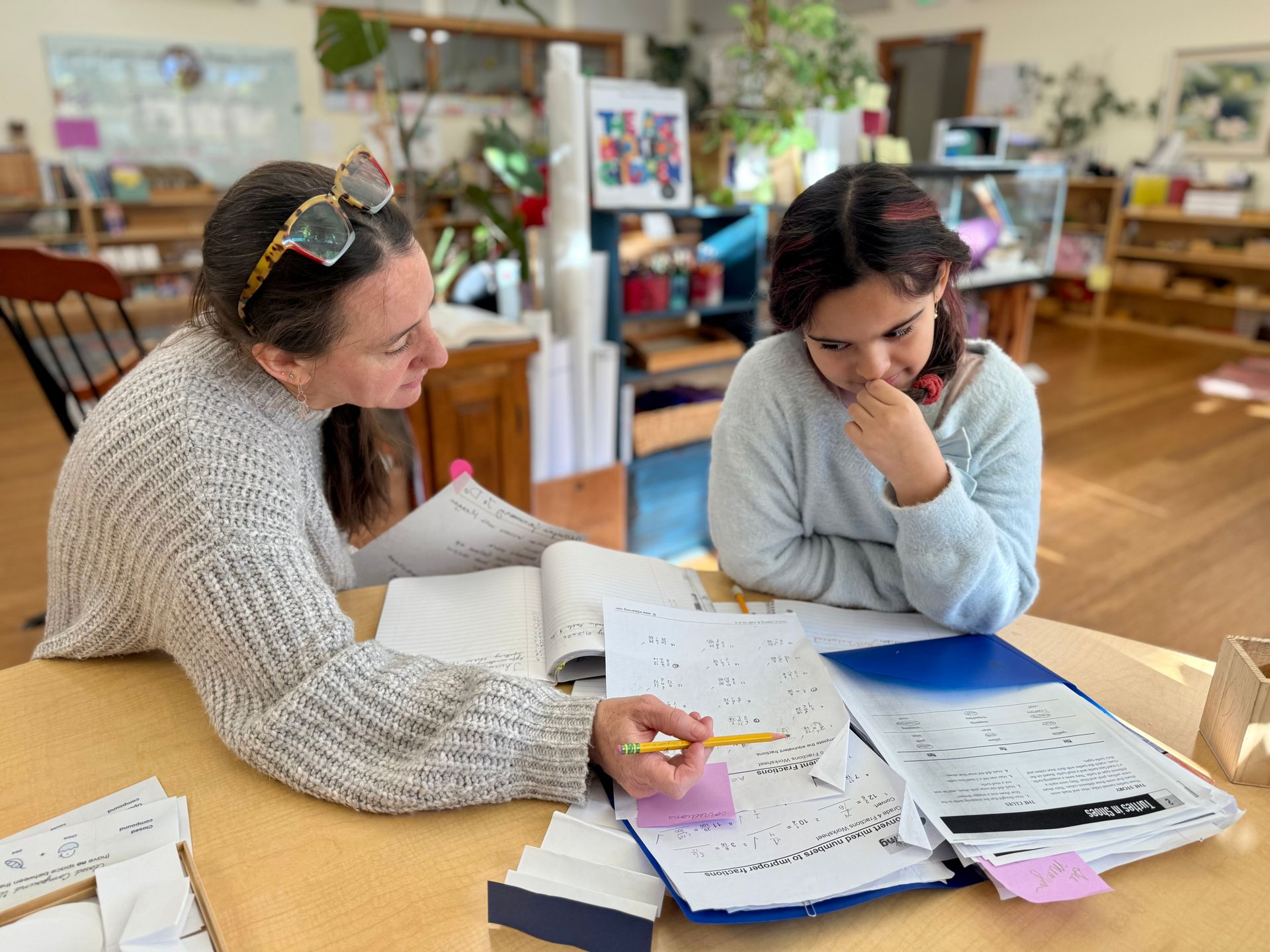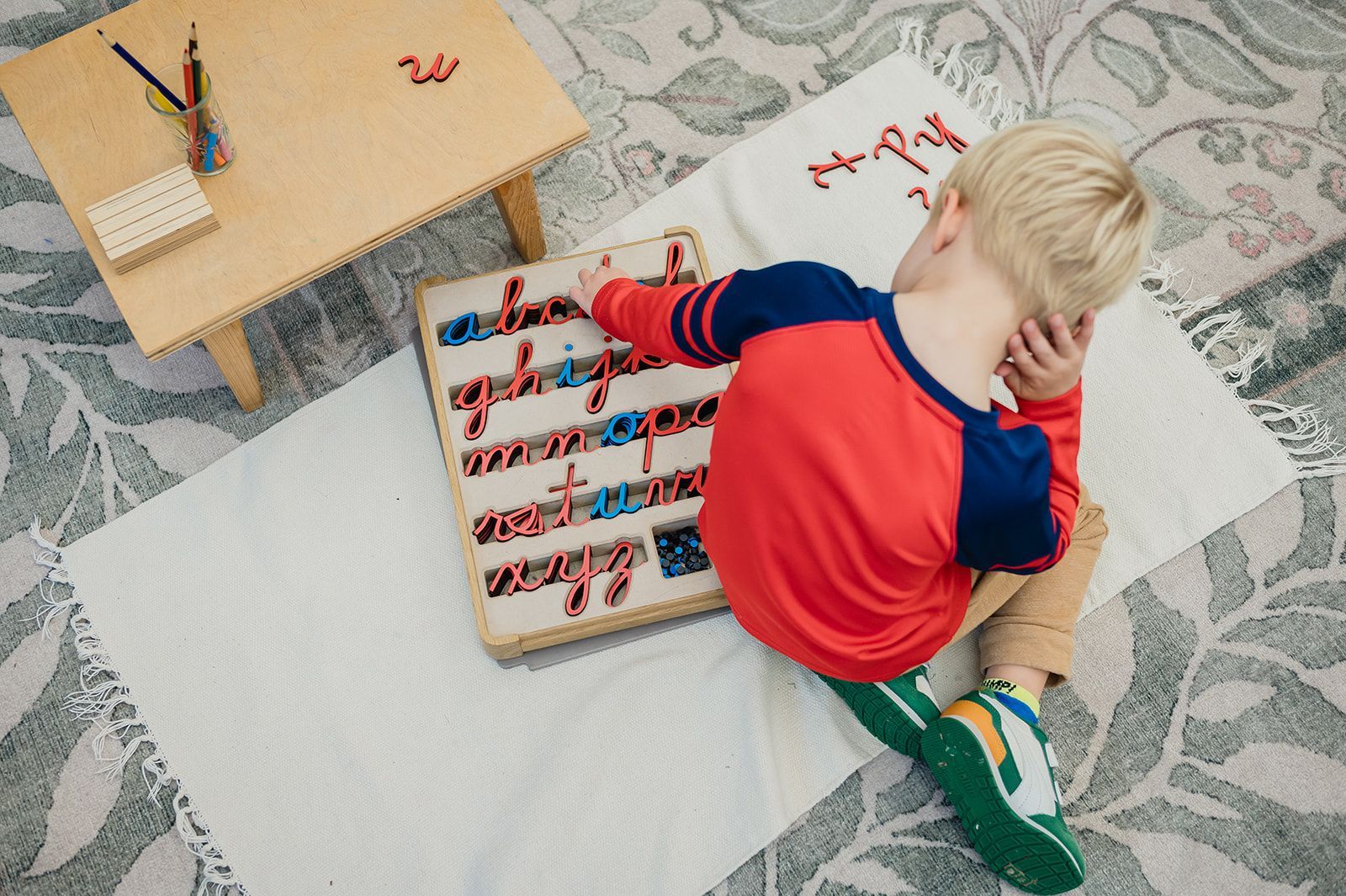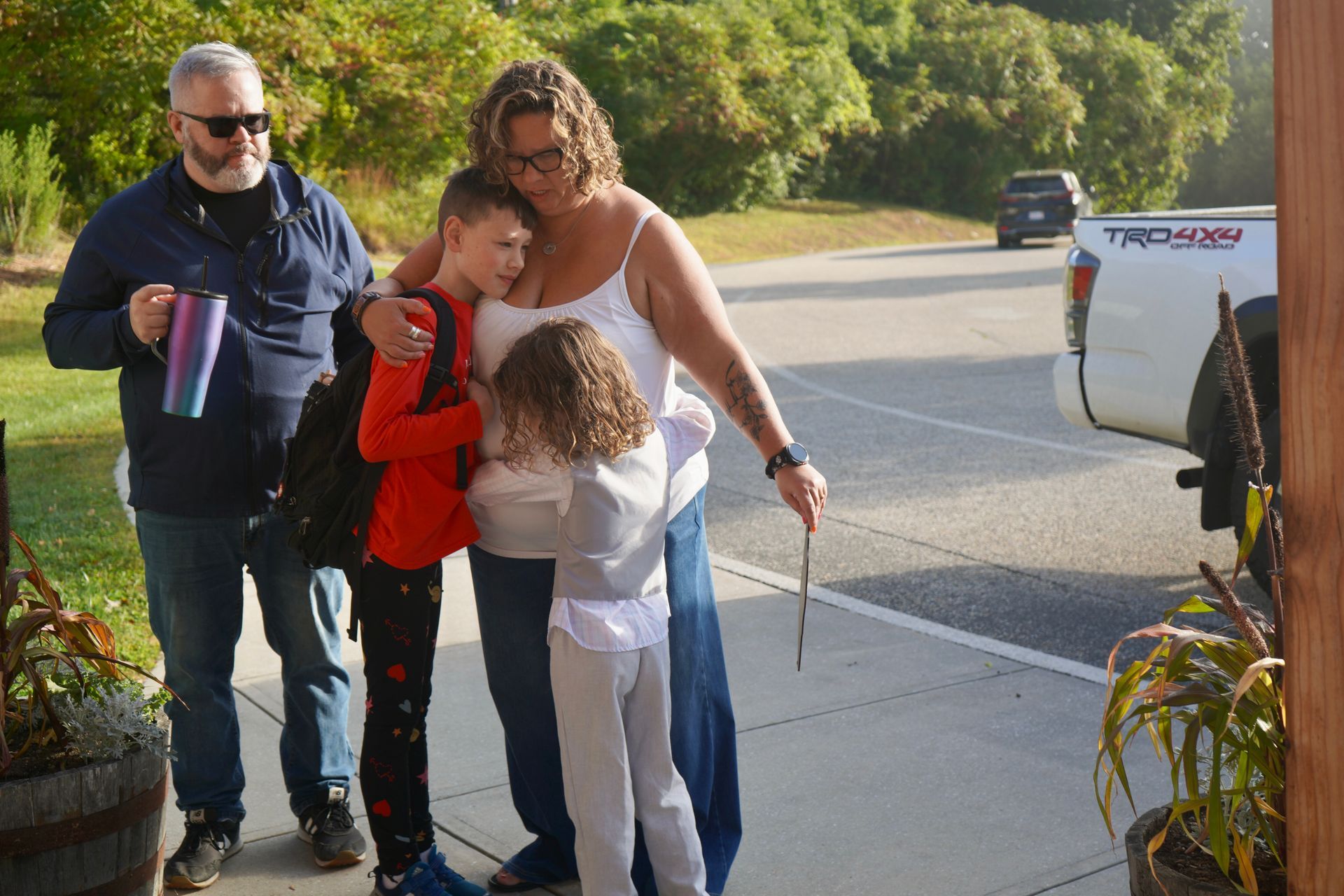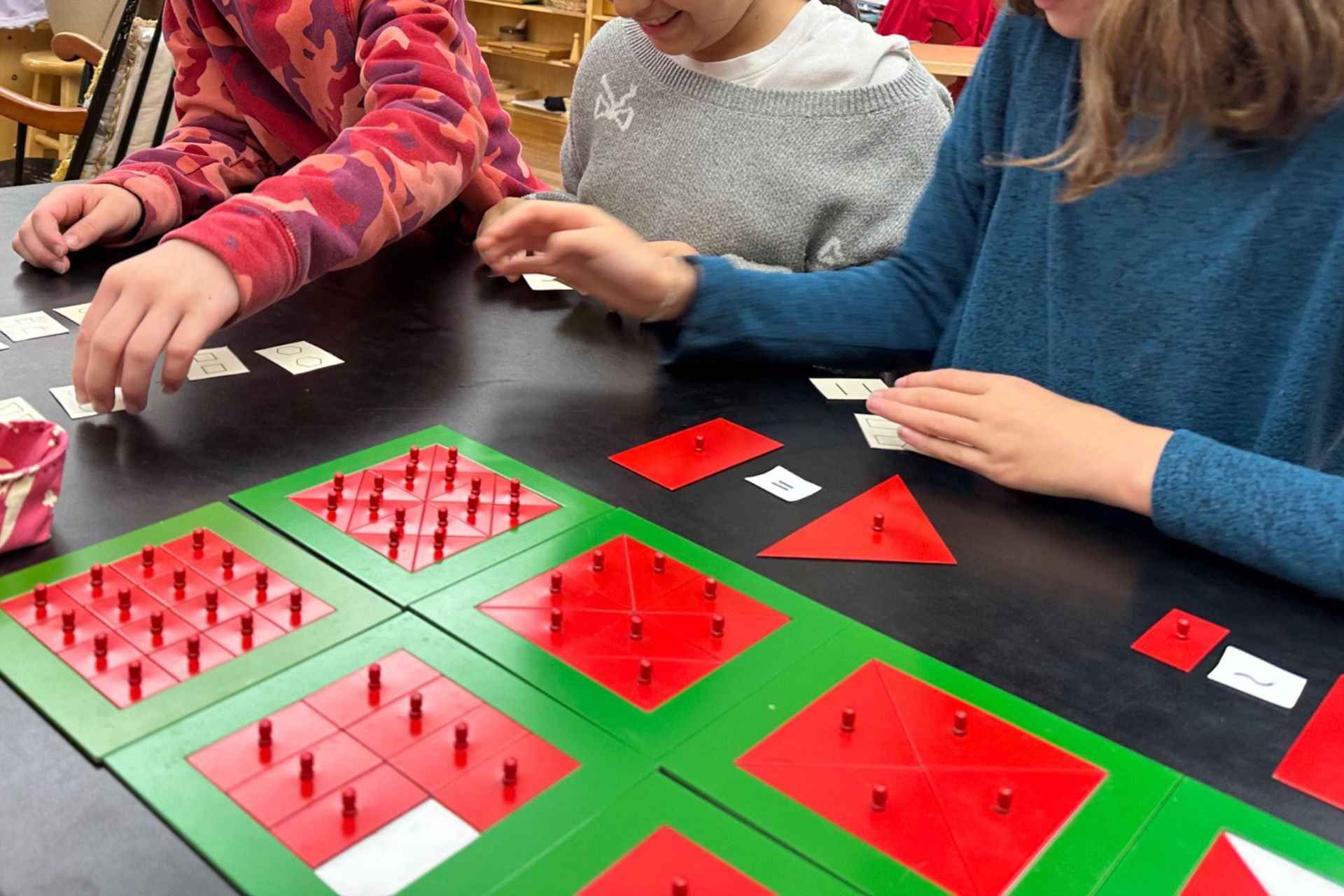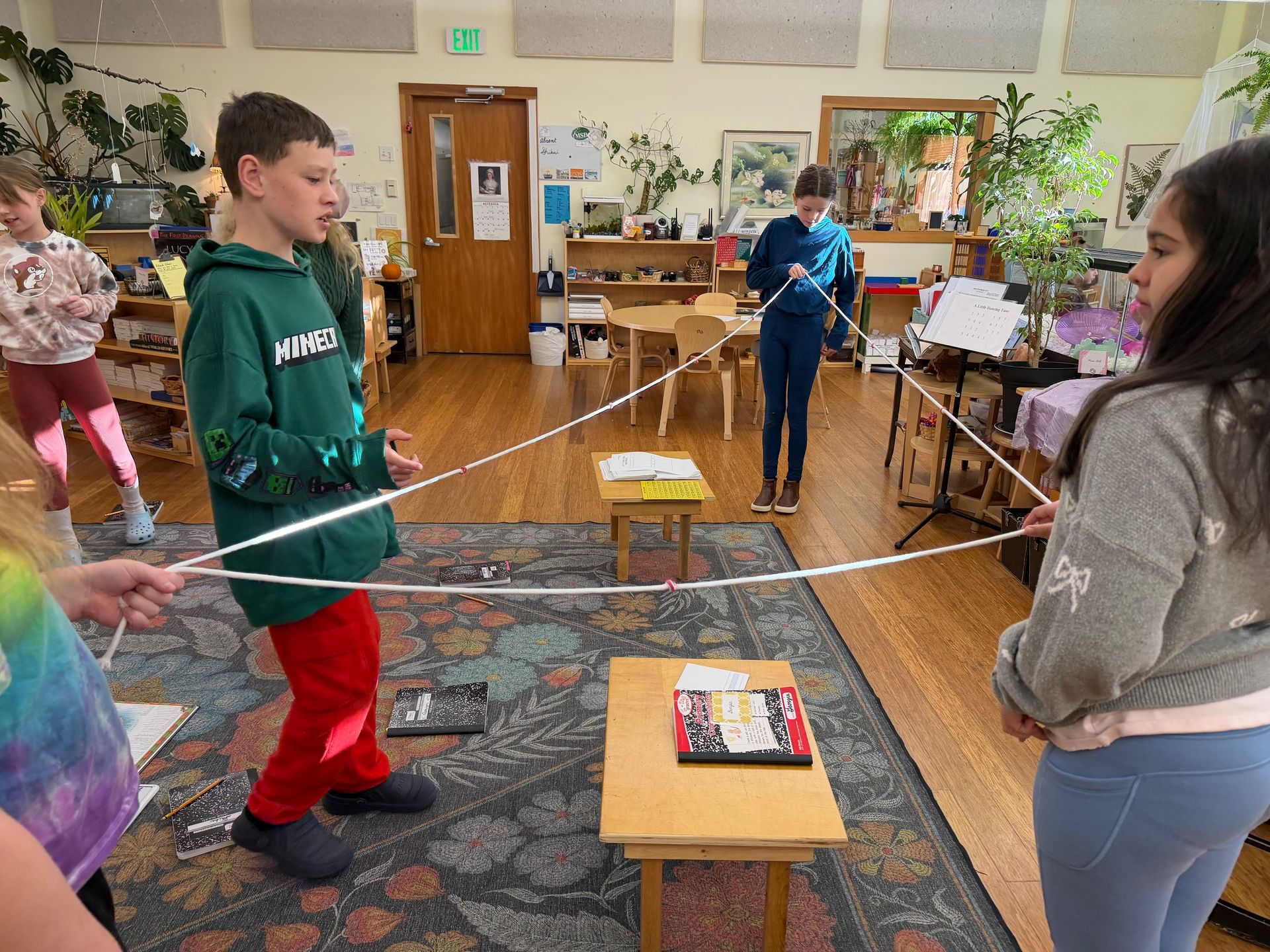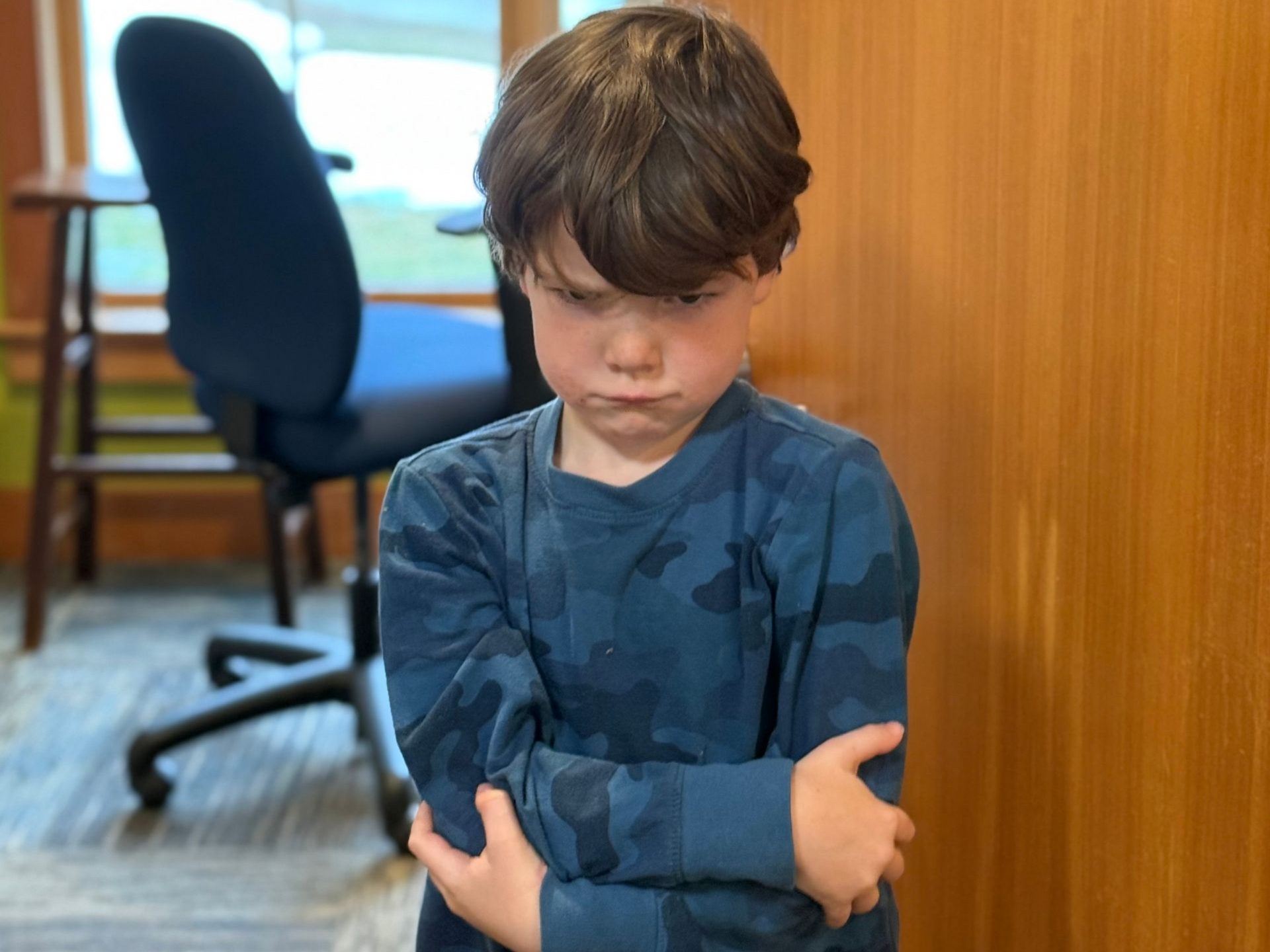Wonder and Words: How Montessori Builds Language Through Biology
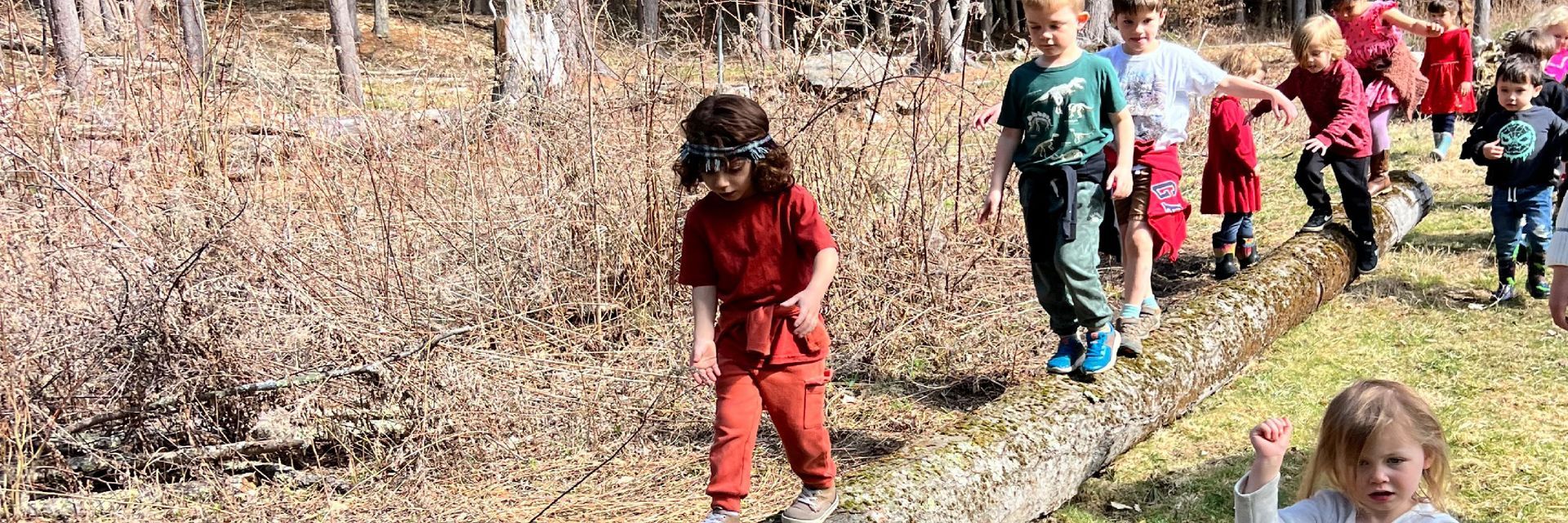
In our primary classrooms, science is woven into children’s experience. Children are driven by wonder, and our classrooms nurture this natural curiosity. From the moment they step into the learning environment, children’s natural curiosity leads them to explore the living world around them.
In Montessori, we support children making sense of what they are absorbing through their senses by offering a powerful tool — language. As children effortlessly absorb new vocabulary, they also use new words to organize their thinking.
Why Start Biology So Young?
Between the ages of two and six, children reach the peak of their sensory and language development. They are in a sensitive period for absorbing vocabulary, categorizing objects, and forming meaningful connections between words and their experiences.
Biology in a Montessori classroom isn’t about memorizing facts. It’s about building a relationship with life—plants, animals, and the systems that support them. Through language-rich, hands-on experiences, children develop both a scientific mindset and a deep appreciation for the natural world.
The Foundation: Observation and Vocabulary
Everything begins with observation. Through their senses and experiences with specially designed sensorial materials, children develop the ability to notice minute details, such as leaf shapes, flower structures, and animal features. Once children have had numerous experiences, we provide language to describe sensorial qualities and scientific details.
We don’t flood children with information; instead, we provide just enough vocabulary to unlock further exploration. These words become tools for thinking and communicating.
Botany: Language Rooted in Nature
Plants are all around us, and in the Children’s House, they’re part of daily life. Whether watering classroom plants, taking a nature walk, or tending to outdoor gardens, children encounter a diverse range of botanical specimens.
When in the pre-reading stage, we provide children with activities such as:
- Matching real leaves to wooden shapes in the Leaf Cabinet
- Learning the names of parts of plants, flowers, and leaves
- Classifying plants: wildflowers, trees, desert plants, and more
Once they are reading, children begin:
- Labeling the parts of plants with cards
- Creating booklets and plant care guides
- Using three-part cards and definition booklets to solidify vocabulary
Zoology: Speaking the Language of Animals
Animals captivate children—and provide rich opportunities for expanding language. From feeding a classroom fish to identifying birds at a feeder, children develop vocabulary through real-world encounters.
Pre-readers engage with activities such as:
- Sorting animals by category (mammals, birds, amphibians, etc.)
- Sequencing the life cycles of insects or frogs
- Learning the external parts of animals through picture cards
Our young readers then begin:
- Matching pictures and labels
- Reading or creating definition booklets
- Solving riddle games, such as “Who am I?” based on animal traits
- Engaging in word study (e.g. animal homes, male/female/young, collective nouns)
More Than Words: Cultivating Curiosity and Connection
In Montessori, the goal isn’t to create little encyclopedias—it’s to nurture lifelong learners. When a child asks about a bug or leaf we don’t recognize, the best response isn’t an answer—it’s a shared investigation.
As adults, we might say: “I’m not sure what it is, but let’s look it up together.” This approach models curiosity, critical thinking, and the joy of discovery.
These language extensions in biology offer powerful tools for children by encouraging observation and reflection, fostering an emotional connection to living things, providing a framework for organizing experiences, and helping children develop precise vocabulary to express what they see.
Montessori biology connects wonder and words, and equips children with the tools to explore and care for their world with confidence and respect.
Looking for ways to bring this home?
- Go on a nature walk and label what you see
- Set up a small plant care station for your child
- Use picture books to explore animal life cycles
- Keep a journal of new plants and animals your child encounters
We also love to share what we do, so please contact us to schedule a tour and see biology come to life for young children!
